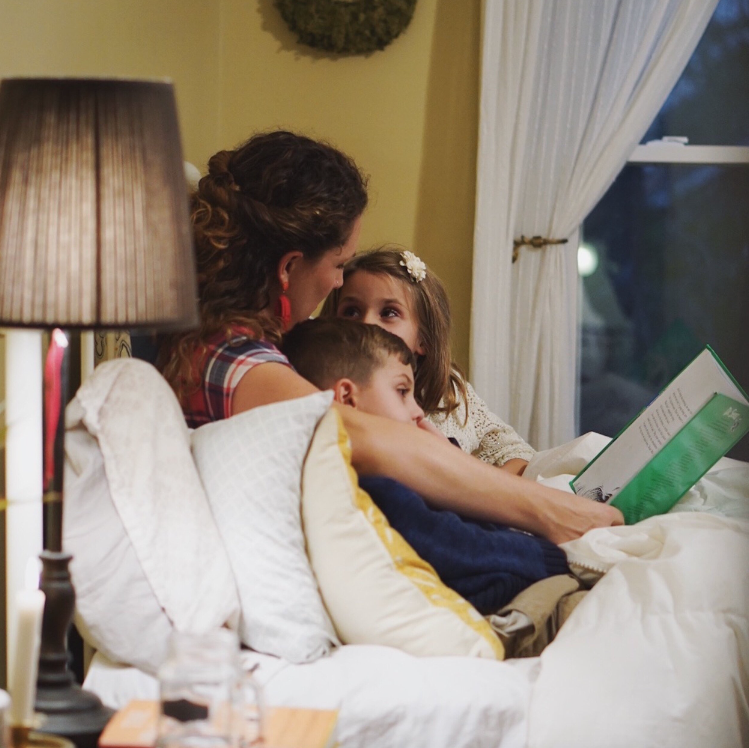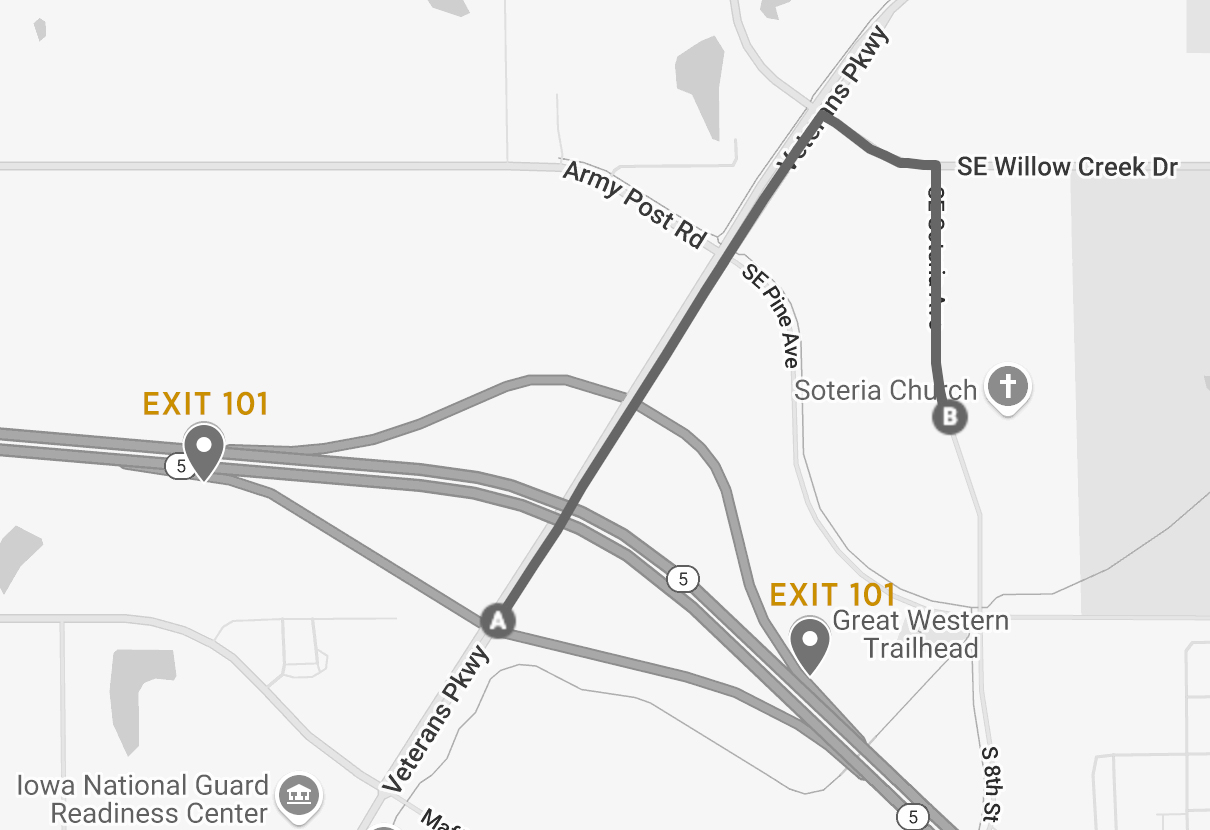The Curriculum of Christian Education
By Zach Dietrich
“What curriculum are you using?”
Moms and dads who never thought those words would cross their lips have been comparing notes, reading blogs, and shopping online for school resources. Whether it’s online school or hybrid school, I keep hearing families talking about school curriculum.
A key factor in a student’s success by nearly any metric is parental involvement, but involvement doesn’t guarantee that education is Christian.
In my previous post I argued that Christian parents must provide a Christian education and that a first mark of Christian education is parental engagement. A key factor in a student’s success by nearly any metric is parental involvement, but involvement doesn’t guarantee that education is Christian. Education must also be thoroughly saturated with the truth of God’s word. Thus, a Christian education must have a Christian “curriculum.” Curriculum simply means what is taught. The Bible helps understand the “curriculum” of education. Read and reflect with me once again on Deuteronomy 6 and Ephesians 6.
“Listen, Israel: The LORD our God, the LORD is one. Love the LORD your God with all your heart, with all your soul, and with all your strength. These words that I am giving you today are to be in your heart. Repeat them to your children. Talk about them when you sit in your house and when you walk along the road, when you lie down and when you get up. Bind them as a sign on your hand and let them be a symbol on your forehead. Write them on the doorposts of your house and on your city gates” Deuteronomy 6:4-8,
“Fathers, don’t stir up anger in your children but bring them up in the training and instruction of the Lord” Ephesians 6:4
Before we get to the curriculum, let’s talk about the classroom. What does a Christian “classroom” look like? Deuteronomy 6 says that Christian classroom is the dinner table, a van ride, a family walk, at bedtime and at breakfast. It happens “when you sit…When you walk.” Education isn’t something that happens when you drop your kids off at the bus stop. Education happens at breakfast when you open the Psalms. Education (a bad one!) happens when you mindlessly disappear into your phone or rant about politics in the car. The whole world is our classroom and education is happening all the time.
While education is more than content, it certainly isn’t less. Ephesians 6 says the instruction we are commanded to give is of the Lord. Dads teach their children about real life fractions with a tape measure, pencil, and wood saw, but you still have to do the work of numerators and denominators. We can only connect truth about God to everyday life if we have learned truth about God. Deuteronomy 6 begins with a “Hear, O Israel, The LORD our God is one.” The theology of those words is so important that Jews recite it throughout the day, so rich that it can be expounded upon for eternity. Education must connect all of life to God.
Now, a curriculum isn’t “Christian” simply by adding a verse to a subject. For example, English doesn’t become Christian by diagraming sections of 2 Corinthians. Christian education recognizes that English is important because God created language. God is the first communication. In the beginning was the Word!
Before you accuse me of creating a backdoor argument for only one kind of schooling, let me say that I am not. I want to broaden everyone’s view of curriculum and the classroom. A more thorough commitment to Christian education both guards us against assuming that curriculum is Christian simply because a publisher says so and enables us to infuse biblical truth into the worst of published curriculums.
So what can you do tomorrow? Let me offer practical suggestions (and a shameless plug) for families with kids of any age.
-
Always be reading something with your kids. Never underestimate the value of reading even a couple of minutes a day with you children. Shameless plug: Did you know Soteria has a bookstore full of recommended resources?
-
I’ve come to appreciate catechisms and the renewed use of them. By that I mean, simple question and answer that grow our vocabulary and understanding about God. For example, this week my kids learned “What sort of Redeemer is needed to bring us back to God?” “One who is truly human and also truly God.”
Christian education requires a Christian understanding of curriculum.
Christian education also has a different goal than much of education–which is what we’ll cover next.
Note: You can read Zach’s prior post on Engaging in Your Children’s Education by clicking here.


